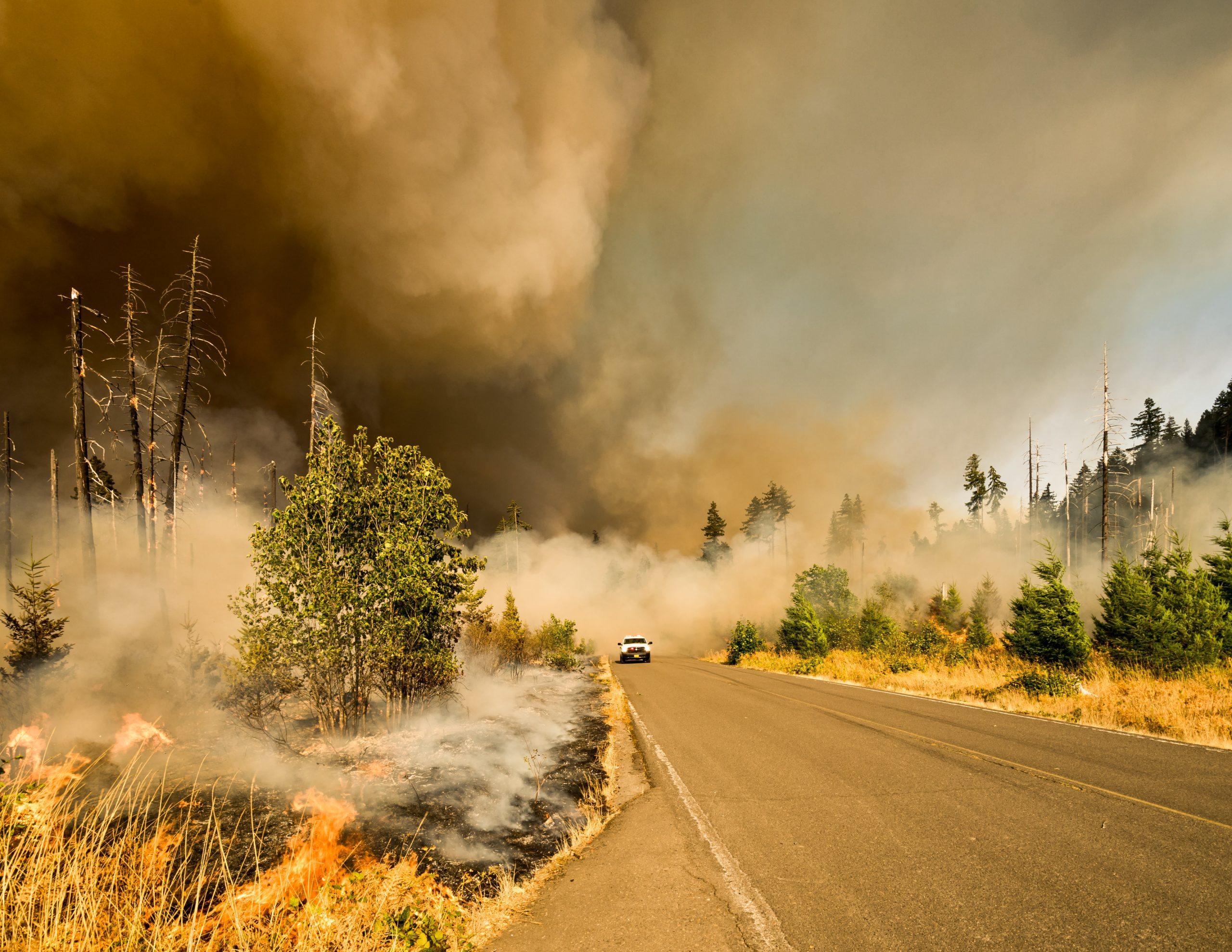
Preventing Catastrophic Wildfire Under Climate Change
Summary
Wildfires, damages, and deaths are increasing because of unnatural accumulations of wood from outdated forest policies and intensifying heat from human-caused climate change. Preventing catastrophic wildfires requires improved, science-based policies that will shift the government from after-the-fact firefighting to proactive controlled burning. This would improve the lives of Americans and the health of our ecosystems by reducing deaths and damage due to wildfire, restoring damaged forests that naturally require fire, and decreasing the carbon emissions that cause climate change.
This memorandum outlines a policy approach to achieve these outcomes. Executive action will establish a national strategy for proactive fire management. Legislation will ensure revenue neutral implementation by reallocating funds currently used for firefighting to less expensive and more effective fire prevention. Finally, fire managers will increase prescribed burning and use of natural fires, relying on scientific analyses to target areas at greatest risk under climate change.
As people wait for this catastrophic grid failure to be remedied, much of southeast Texas, which includes Houston, is enduring dangerous, extreme heat with no air conditioning amid an ongoing heatwave.
The federal government plays a critical role in scaling up heat resilience interventions through research and development, regulations, standards, guidance, funding sources, and other policy levers. But what are the transformational policy opportunities for action?
Comprehensive heat safety standards are essential to mitigate the impacts of climate change on farmworkers and ensure the sustainability and resilience of agricultural operations.
Public deliberation, when performed well, can lead to more transparency, accountability to the public, and the emergence of ideas that would otherwise go unnoticed.